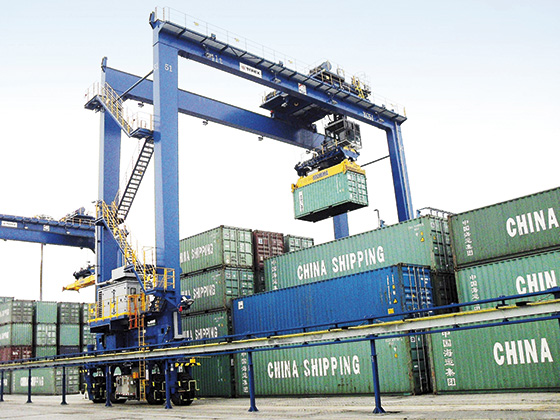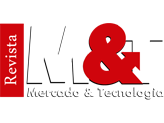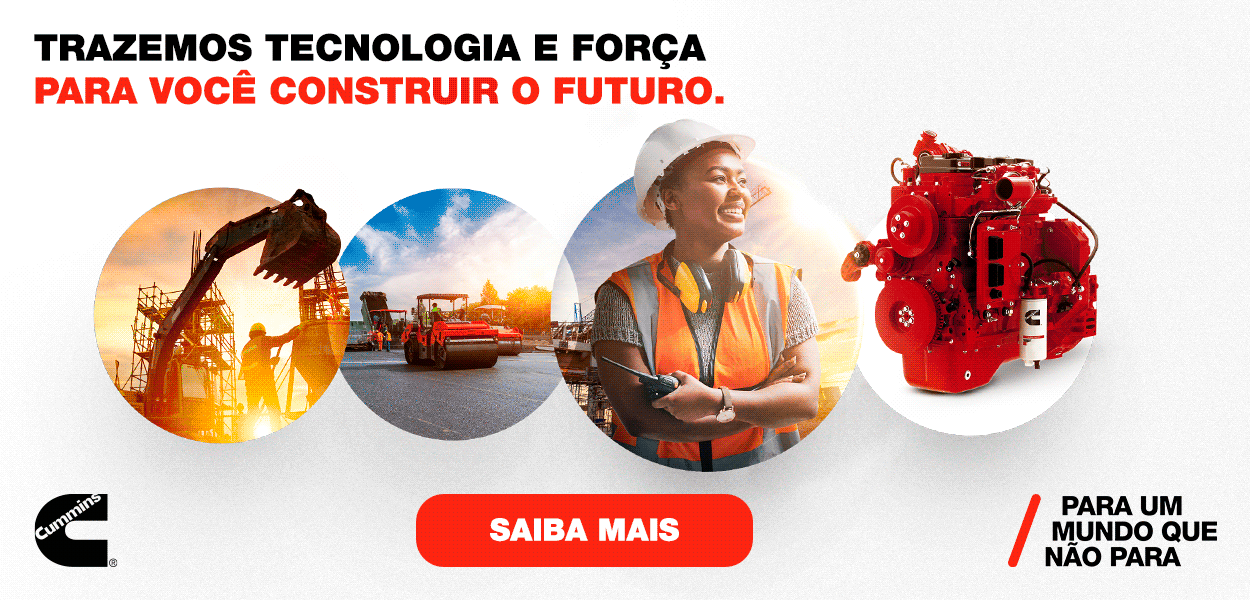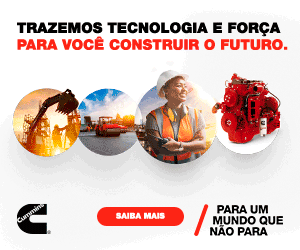Breath for harbors

Solutions for load handling are being diversified in Brazilian terminals, powered by technologic concepts that offer higher precision and operating capacity
Among the difficulties faced by the industries in Brazil we may say that the area of harbor equipment is living in an oasis or—more properly—in an island. Although there are no local production lines for these machines, Brazil is being considered a promising country for the industry that—in a scenario of sales drop in almost all categories of machines—may show a significant increase this year. The motive, according to what M&T heard from executives of leading companies of this market, is the non-stop flow of the port modal, which also demands a continuous technologic updating of the operators.
For example, for Terex Soluções Portuárias (TPS)—that informs a market share of 50 percent—the perspectives are positive to a point that the company is investing to introduce new technologies and is studying new investments to push its actions, even with the possibility of product nationalization, what is becoming rare in other areas due to the challenging economic situation.
But there are good reasons for that. The business share of that division in the group already reached 30 percent and occupies the first place among all areas of the North American brand in Brazil (what is remarkable since the other niches attended by the group include machines such as cranes, aerial work platforms, overhead travelling cranes, gantry cranes and construction equipment, in addition to energy solutions and utilities).
This increase is based on strong numbers. In retrospect, TPS has already sold 650 unities of large harbor equipment in the country—including telehandlers and heavy solutions—for clients such as Libra and Fospar. These results encouraged the division to go more far, in an effort of spreading more advanced technologies and even important changes in logistics. “Studies are being carried out to ensure a basis of production more closer to our market, in a way to make feasible sales of larger equipment”, comments João Pensa, senior manager of TPS, suggesting that the company will soon open a new manufacturing plant in America to prevent freight costs that are considerably high since the machines come from China and from other units located in France, Italy and Germany, where two plants are available. “I cannot disclose anything yet.”
PORTFOLIO
Supported during two decades by the companies Equiport and TFD (Terminal Full Dealer), TPS thinks that—independently of the macroeconomic scenario—it will continue to grow above the market. First because—as remarks the manager—it is clear the necessity of investment by Brazilian clients. “The industry is clearly improving its operating performance with the use of modern equipment”, says him. “It is necessary to review processes and to find new business opportunities. The clients are being more aggressive in this sense.”
In addition to these points, the devaluation of the Real allows the increase of exportations, and the port modal is the main channel for this flow. Internally, also the Reporto (Tax Regime to Incentive Modernization and Enlarging of Harbor Structure)—that will probably end in December—is stimulating the purchasing of equipment with tax exemption. “There is a trend to catch this hook to replace fleets still during this year”, says Pensa, adding that—due to the necessity of improving harbor productivity—the government would not carry out drastic changes in the program. “But the industry expects that the program will be extended, since there is a large difference”, complements him. “At least, this is what we hear in the market, it is the expectation. But this is not in our hands.”
May be the synthesis of TPS advancement is better expressed by the continuous enlargement of its portfolio, which is currently including 16 families of products for load handling in harbor terminals. It is good to remember that since its foundation in 1968, Terex is growing mainly due to selective acquisitions. “The division of harbor solutions was based on the success of brands such as Gottwald Port Technology, which is now part of the division”, says Pensa. “This allows us to offer complete solutions. In other words, to sell all equipment necessary for a port operation, including simulations and emulations.”
The expert is talking about a trend in the area that was taken over with the recent acquisition of two software developing companies. It is a 3D-simulation developed by TBA (incorporated by Terex in 2011) that creates a virtual terminal of containers where all equipment needed for an operation is inserted, making feasible projections of capital expenditure, calculation of operating costs and operationalization of all functions of the machines. “We may see that Brazil also started to open a culture of automation in this area”, points Pensa. “Other ports of other countries, such as Long Beach or Rotterdam are completely automated.”

Av. Francisco Matarazzo, 404 Cj. 701/703 Água Branca - CEP 05001-000 São Paulo/SP
Telefone (11) 3662-4159
© Sobratema. A reprodução do conteúdo total ou parcial é autorizada, desde que citada a fonte. Política de privacidade














